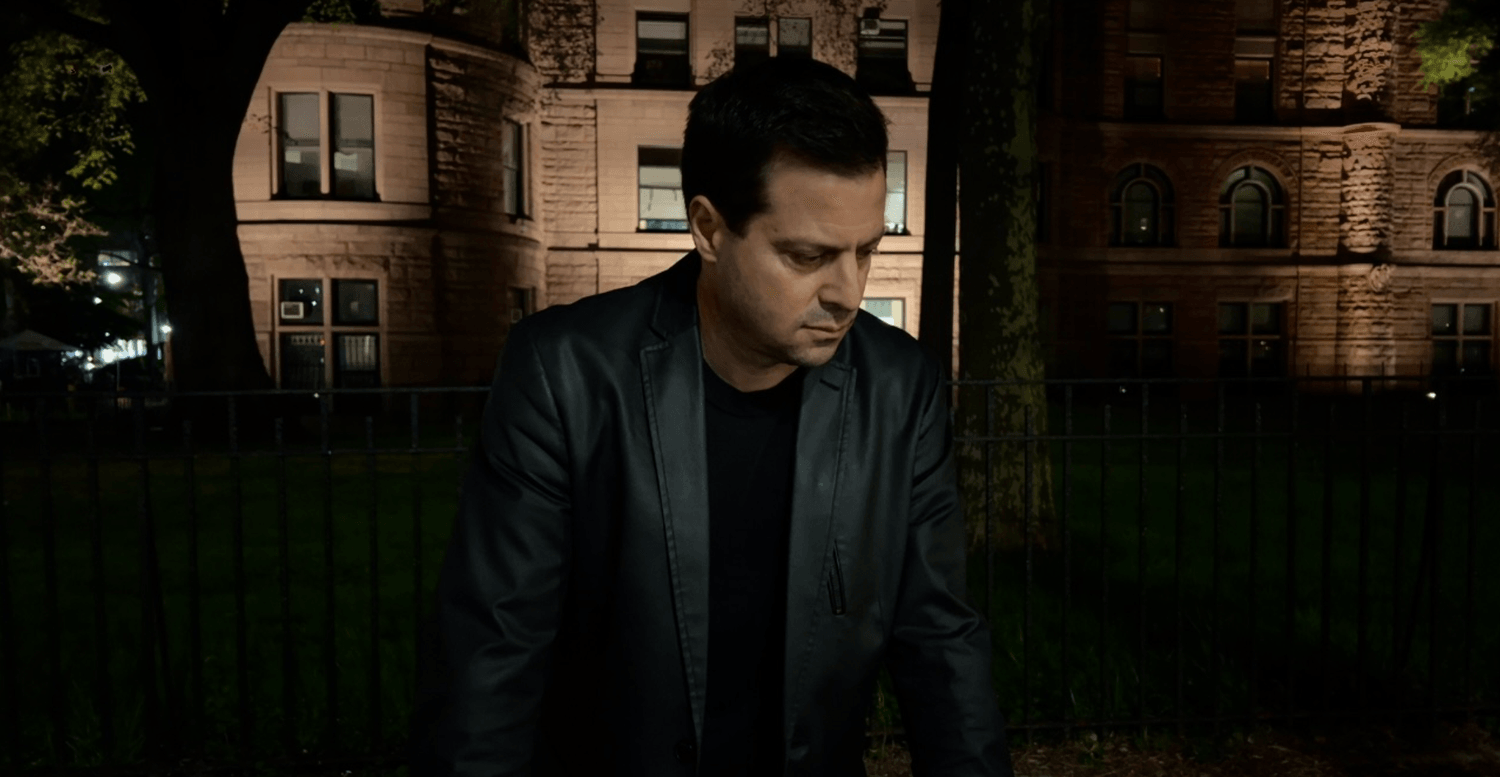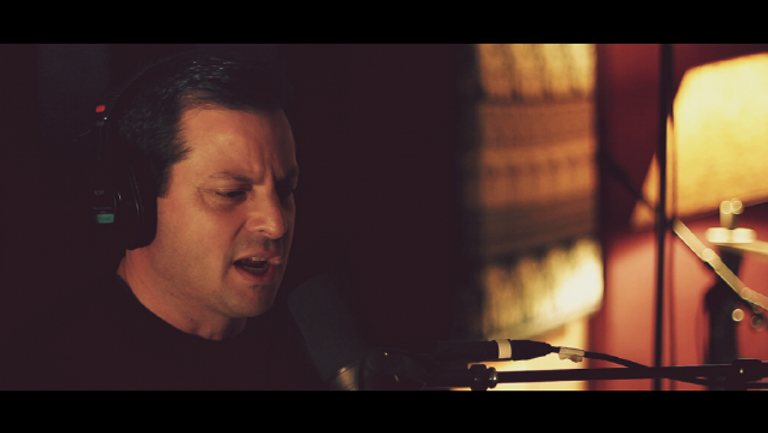We’re excited to introduce you to the always interesting and insightful John Virag. We hope you’ll enjoy our conversation with John below.
John , appreciate you joining us today. We’d love to hear about when you first realized that you wanted to pursue a creative path professionally.
For as long as can remember, music has always played a key role in my life. My parents got me started at a very early age studying trumpet and violin. I was six and seven respectively when I began each instrument. When you are that young, you are like a sponge, and soak up your surroundings. So music became a large part of how I developed as a person. I studied the Suzuki method on the violin. That course focused heavily on ear training. Being so young and having my ear developed was like learning a second language and allowed things to become very instinctive from the start. I credit this with my ability to improvise and write music. The foundation was set.
At the age of ten I began making up tunes, which quickly developed into full blown song-writing. At this point I also found I was a good singer. Parent that with having a very cool music teacher in the fifth grade who played us modern-day hit pop/rock records in class rather than just tinkering on the xylophone, percussion blocks, or recorder. One day she paired us up and gave us a homework assignment to do a book report on any musician we chose. My friend suggested Billy Joel, and from that moment on, I had the fever. I wanted to be just like Billy Joel. I found out he was the artist behind all those cool songs I had heard on the radio. You May Be Right, Big Shot, My Life, Just The Way You Are. I was hooked, and It fueled my passion to write music, sing, and perform in front of an audience.

John , before we move on to more of these sorts of questions, can you take some time to bring our readers up to speed on you and what you do?
I’ve told you about my roots, how music became such a vital part of who I am. This continued to develop through my teen years. When I was a junior in high school, I was asked to join the neighborhood popular garage band, who performed at the high school’s events, for the nearby teen center, and for any general cool thing that was going on. The audiences always responded very well and this just fueled my passion to be on stage and perform. We also did some of my originals, so I got to get my own songs out there.
We had a very cool local jazz club in town called Rusty’s Jazz Cafe. Very old school place, run by Rusty, who was this elderly lady with fiery red hair, a very throwback type to the jazz era. The headliner was a piano player named Eddie Abrams, who had done his time in New York and eventually landed back in Toledo. Eddie took me under his wing and let me sit in with his band on vocals and trumpet. Rusty also took notice, and eventually offered me a slot to fill in during breaks with my own band. I spent a few summers during college playing at Rusty’s and honing my skills as a performer. I was also studying music composition at Miami University, which led to being accepted at NYU’s Jazz program for Grad School. Now I was going to the big leagues, graduating from Toledo, Ohio to New York City.
At NYU I was able to study under some top jazz names such as Kenny Warner, Marion Cowings, Kim Kalesti, and Jim McNeely. I also spent a summer semester in Italy and had the distinct opportunity to participate in the Perugia Jazz Fesitval. Wynton Marsalis was the headliner, and took us students under his wing. As a result, we found ourselves jamming with Wynton and his band nearly every night in the local jazz clubs. It was such a great learning experience and very influential, as I began incorporating jazz elements into my writing in the same way you find in Sting, Steely Dan, or some of Billy Joel’s songs.
Also while at NYU I began an intern program at Columbia Records in their jazz department. I was placed under Dr. George Butler, who was known for producing Wynton Marsalis, Miles Davis, Harry Connick, and many other top jazz artists under the label. After graduating, I was hired at Elektra Records, so now became firmly entrenched in the music business. All the while, I was writing, recording, and performing with my band in the local clubs in New York City… The Bitter End, The Living Room, The Cutting Room, and Rockwood Music Hall, which became my main-stay. I have recorded three albums, working on my fourth, and released a Christmas single this past year entitled “I Don’t Want To Be Alone This Christmas”, which got some pretty cool attention and love by radio stations in Long Island, The Hamptons, and Catskills.

What can society do to ensure an environment that’s helpful to artists and creatives?
I think in a very real sense, society in general has become de-sensitized by all the technology. Things don’t have the depth that they used to. Everything is literally at your fingertips. Instead of getting to know someone like in the old days, it’s swipe left. There is an over-abundance of everything, and as a result, people’s attention spans have become practically obsolete. Instead of sitting back and enjoying something, you’re always looking for “what else is out there”. I think people need to slow down and enjoy things again. This relates to music in a big way. From what I’ve observed, people have lost the patience or attention span to let something sink in. Nobody buys albums anymore. It’s all about the novelty single. This is of particular concern to me because I write albums in a sort of concept. It’s almost like reading a book from cover to cover. If you only read the the ninth chapter, you lose semblance of what the whole story is about. People take things too “out of context” and make that the truth. So in a sense, I think people are missing out. I urge society to have a little more focus on what an artist is saying and doing with their music. Listen with attention. Don’t just listen to a twenty second tick-tock. Let it sink in. Then it will have a much bigger impact. Buy albums (or singles), but support artists by buying their material. So much goes into a recording, and record sales are vastly down, so it means a lot to an artist when someone actually buys their stuff.
I also think it’s important (and such a big thing for a musician) to go see live music. Support the artist, get involved with the performance with your reactions. Sing along, dance. You have no idea how much of an impact this has on a performer on stage. It fuels the performance and then it becomes this big, cool entity… fun for everyone. I was in Nashville last year and saw this amazing band on Broadway. Really talented musicians. There were four people in the audience and nobody was really getting into it. It’s a shame when that happens. So yes, support your artists by going to the live shows and letting yourself get into the performance.
Contact Info:
- Website: https://www.johnvirag.com
- Instagram: https://www.instagram.com/johnvirag
- Facebook: https://www.facebook.com/johnvirag
- Youtube: https://www.youtube.com/c/JohnViragMusic
- Other: Apple Music:
https://music.apple.com/us/artist/john-virag/80097261Spotify:
Image Credits
Anthony De Lioncourt (studio photo)
Bobby Cintron (museum photo)


